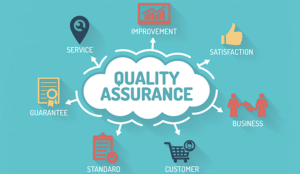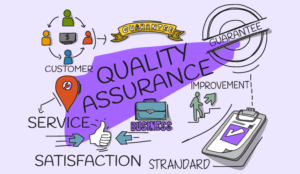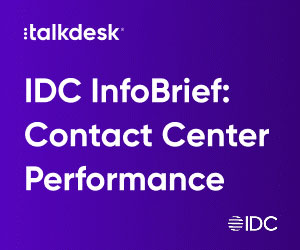Jonathan Pennington of Jabra shows how to focus your time and make career-minded decisions based on the following framework.
Saying yes to everything at work is often seen as the surest way to your next promotion. But having managed teams for more than a decade, I’ve seen the negative side to this and developed an alternative approach. I’m constantly curious about what drives my team to perform within a global organizational structure.
A lot of my role is focused on empowering them to get the job done to a high standard, and it’s always rewarding to see people fulfil their potential. But I see one thing repeatedly in highly ambitious people that is costing them an accelerated career path.
Especially when someone is starting out in their career, they are often keen to prove their potential by spreading themselves too thinly, or confusing ambition with long working hours rather than smart working hours.
In functional organizations, most roles require delivery of core duties at a high standard. Though certain start-ups and organizational structures will differ in terms of expected outcomes, I now onboard all my new hires with this framework to align expectations and make sure they can excel in their roles.
Protecting Your Time
In any business, you will always need to protect your time against the pull others put on it. Hopefully, you have a manager and team in which goals are fixed and clearly defined, with open lines of communication.
Figuring out which meetings to attend, and who to give your time to can be a complicated task, but trying to maintain an element of flexibility doesn’t leave any room to get your key tasks done.
I believe in saying yes, but it’s about managing expectations in doing so. It comes down to managing expectations on delivery.
I always bear this framework in mind to know if I can achieve something and if it’s worth aiming for. If I can do it, yes, but then it comes down to managing expectations on when I can do it; it’s all about the when.
The Three Areas of a Business in Relation to You
There are three spheres of a business in relation to anyone working in it.
Firstly, there’s your area of impact (AOI). This is centred around what your job is, and what impact you can make in your role in an organization, within a team. Put almost all your focus here, because it’s why you were hired and where your key deliverables will be measured.
Then there’s your area of influence (AOIN). If you look at a structural organization, there are periphery areas or parallel teams where you can provide input and influence part of the organization to lead it in the right direction and make a positive impact. Then there’s the area that’s out of your control (OOC).
In big businesses particularly, there are many parts of an organization that are out of your control in the bigger picture, and in a functionally based organization, you must trust that everybody else will do their jobs.
Think of it like football: if you’re a goalkeeper you can’t affect what happens up at the front with the strikers. Yes, you can influence defence but not the centre forwards. I must trust that they’ll score enough goals to win the game. And if I leave my position too much, I threaten my own success in the team.
Saying no isn’t self-destructing and nor should it cost you progress in your career; it should be a tool that you use strategically to accelerate it. If you deliver an outstanding performance in the role for which you were hired, you will still be given the chance to snowball experience and gain new responsibility.
But know your deliverables and make sure to focus on them before directing your time elsewhere, or towards activities against which your development isn’t being measured.
Hold up other people’s agendas against your objectives when your time is requested, determine whether this is what you should be impacting and then move forward with your decision from there.
You’ll find that you can remain balanced at work, manage your time far better, and ultimately over-achieve on the projects where you are most needed.
Author: Robyn Coppell
Published On: 17th Jun 2019 - Last modified: 18th Jun 2019
Read more about - Guest Blogs, Jabra














